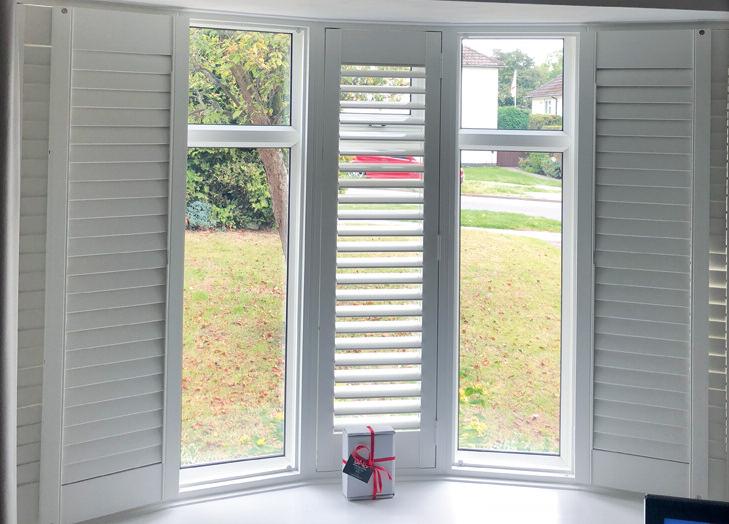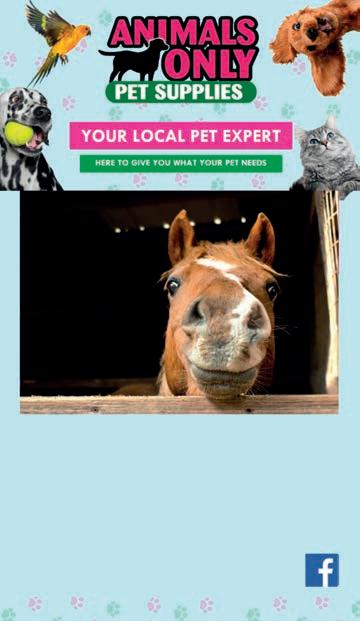
2 minute read
Bright new restaurant for Tewkesbury
A warm welcome awaits from Fonzi Chen and his staff, with the new restaurant offering an ideal venue for family parties, get togethers and celebrations.

Advertisement

bar and offers a large menu, specialising in the finest Chinese cuisine.


The Lotus still operates its popular takeaway service, with deliveries available in the Tewkesbury area for a just £2.00. A delivery service is also available within ten miles of the restaurant for a reasonable rate.
The Lotus is open from 5pm to 11pm Sunday-Thursday and 5pm until 12am on Fridays and Saturdays.
The recently opened dining room is bright and airy, decorated in a modern and tasteful style. It is air conditioned, has a licensed

The menu can be viewed online at www.lotustewkesbury.co .uk. For more information or to place a telephone order, call 01684 275007.
Happy New Year!
Christmas is over and I hope you all gave lots of garden related presents away, writes Tim Hoskins.
Our dankest months are upon us, but we can start to think about future projects and I’ve got a big one to suggest; beekeeping.
I was privileged to be the Head Gardener for a royal family, working across the Cotswold and London residences.
My Tuesday afternoons were given to beekeeping and I think you should think about giving it a go.
There is a considerable set-up cost, but it can be recouped from honey production. You also don’t need a huge garden to keep bees, just a bit of time.
Honey bees are non-native and don’t actually do as much of the pollination of our food as we are sometimes led to believe.
However, by looking after them, we become acutely aware of their ecology and that of the wider environment – see why I like them?

Honeybees fly out to around 1.5 miles in all directions when foraging.
This landscape scale operation helps us think about our environment and how impoverished it is. ing animals with complex social structures, nepotistic tendencies, feminist leanings and a ferocious work ethic. They can be genuinely educational while benefiting our mental health, our wallets and our larders.
It’s another one of those terrible ironies that some of the best British honey is made by urban bees because they forage over a far richer and florally diverse environment than rural bees.


Awful isn’t it? The honey isn’t even tainted by pollutants, because bees filter it out. The rural environment can actually be so poor that a bee colony will struggle or die. That means a 7 square mile area that lacks pollen and nectar producing plants in any significant number.
Looking after bees helps us sympathise with the plight of our native invertebrate species. Honeybees are very visible, so they are used as a flagship species quite often. Many of the things that benefit honeybees also benefit our micro-fauna which is as under threat as our flora.
Bees are fascinat-









